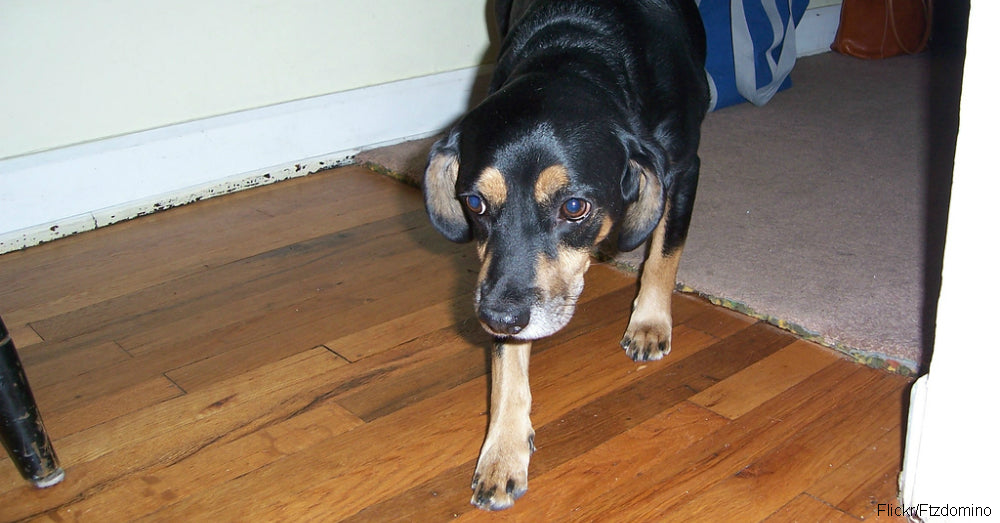10 Techniques to Socialize a Timid Dog
Shopify API
Dogs can be shy for many reasons. You can tell a shy dog when it acts timid around others, hides behind you during interactions, shakes out of fear or tucks its tail between its legs. These are just some of the behaviors exhibited by dogs that have trouble socializing. Bring your pooch out of his shell with these 10 techniques.
Obedience Training

Obedience training offers a great way for a dog to develop confidence. Always use positive reinforcement with treats when the dog learns commands such as sit, stay and down.
Canine Mentors

Trainers may use another dog as an example for shy dogs. When many shy pooches see another dog enjoying himself, they want to join in the fun.
Gradual Socialization

Start socializing your dog gradually. Find a person you trust to spend time with your dog in a quiet setting. Simply have your friend drop treats on the floor to encourage your dog to come out and get them. There's no need for nervous eye contact or concrete interaction. Another method uses smaller, less intimidating dogs to get your dog used to being around others of his kind. Puppies are great for dog socializing.
Games

Games, such as hide-and-seek and fetch, help your dog relax and just be a dog. A relaxed dog doesn't realize he's being trained for better socialization.
Treats for Tricks

Every time your dog performs a trick, give him a treat. The positive reinforcement takes hold and your dog learns to relax.
Exercise

Exercise your dog every day. When your dog expends energy, he becomes too tired at the end of the day to worry about his shyness.
Avoid Distractions While Walking

Keep your dog moving when another dog approaches on a walk. Keep your dog within a comfort zone. If another human-canine pair approaches you and asks to socialize, it's okay to politely say "no" and keep moving.
Desensitization

Desensitize your pooch by introducing a trigger at less-than-scary levels. If your dog is afraid of other humans, let someone you trust approach your pet slowly from a distance. As your friend gets closer and closer, reward your dog with treats. Eventually, he associates good feelings (thanks to treats) with other humans rather than fear.
Hidden Scents

Hide items throughout your house that are full of scents your dog loves. The nose-based stimuli helps your dog relax. Think rawhide bones, bacon-scented treats and items with a small amount of essential oils. Teach your dog to find hidden items around your house.
Trigger Reduction

Reduce your dog's triggers as much as possible. If your dog doesn't like loud sounds, download samples of these sounds and play them at a lower volume so your dog becomes less afraid of them. After a while, you may have a happy pooch in your house.

